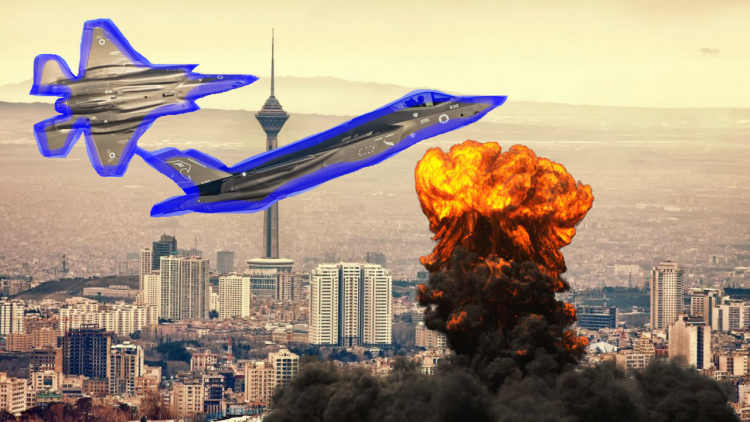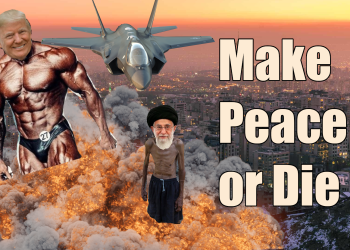Israel Retaliates
On Friday, Israel carried out its largest-ever military operation against Iran, responding to a series of missile attacks from the Islamic Republic earlier this month. According to Israeli media, the airstrikes involved 140 aircraft targeting key military facilities linked to missile production, drones, and air defense systems.
Reports indicate that the headquarters of the Iranian Revolutionary Guard Corps in Tehran was among the sites hit, though this information has not been independently verified by outside sources.
🚨 Breaking: Israel 🇮🇱 reportedly destroyed all the radars of Russian S-400 and S-300 systems in Iran 🇮🇷, leaving Iran's entire airspace blinded to future attacks
— Dr. Eli David (@DrEliDavid) October 26, 2024
Source: @sherrwood9 pic.twitter.com/6aoOOrMAxZ
Local media in Iran reported explosions near Tehran and Karaj. The Israel Defense Forces (IDF) stated that these strikes were a necessary response to ongoing attacks from Iran, which have included direct assaults from Iranian territory since October 7. The IDF emphasized Israel’s right to defend itself and asserted that it would take whatever measures were necessary to ensure its security.
A U.S. official confirmed that President Biden and Vice President Harris were briefed on the situation and are monitoring developments closely. Additionally, two U.S. defense officials indicated that the U.S. had prior knowledge of Israel’s planned strikes but did not participate in the operation.
National Security Council spokesman Sean Savett reiterated that Israel’s actions were a form of self-defense in response to the Iranian missile barrage on October 1. He directed further inquiries to the Israeli government.
As the strikes continued, reports emerged that military bases in Syria were also targeted. Iranian media claimed that military sites near Tehran were hit but noted that there were no reported fires or explosions at key facilities, such as the Tehran refinery. The Tasnim news agency stated that the situation in Tehran remained normal, with both Imam Khomeini and Mehrabad airports operating as usual.
Israel’s military action is seen as a direct response to over 180 missiles fired by Iran on October 1, some of which were intercepted with U.S. assistance. Israeli Defense Minister Yoav Gallant had previously vowed a “precise and deadly” response.
In the lead-up to the attacks, the Israeli Defense Forces reportedly presented a list of potential targets to Prime Minister Benjamin Netanyahu, conducting careful coordination with other Middle Eastern countries. Israeli ambassador to the U.N., Danny Danon, warned that the consequences for Iran would be severe, urging them to reconsider any future aggression towards Israel.
Iran’s missile barrage on October 1 was characterized as retaliation for the killings of key figures in the region, including Hezbollah leader Hassan Nasrallah and Hamas political chief Ismail Haniyeh. Following these events, Iran’s Supreme Leader Ayatollah Ali Khamenei stated that the blood of the martyrs would not go unavenged.
The opinions expressed in this article are solely those of the author and do not necessarily reflect the views or opinions of The Real Republic LLC, realrepublic.com, or any of its affiliates. While our team strives to ensure the accuracy and reliability of the information provided, The Real Republic cannot guarantee the completeness, suitability, or validity of any information on this site or found by following any link. The Real Republic will not be liable for any errors or omissions in this information nor for the availability of this information. The Real Republic will not be liable for any losses, injuries, or damages from the display or use of this information.
















